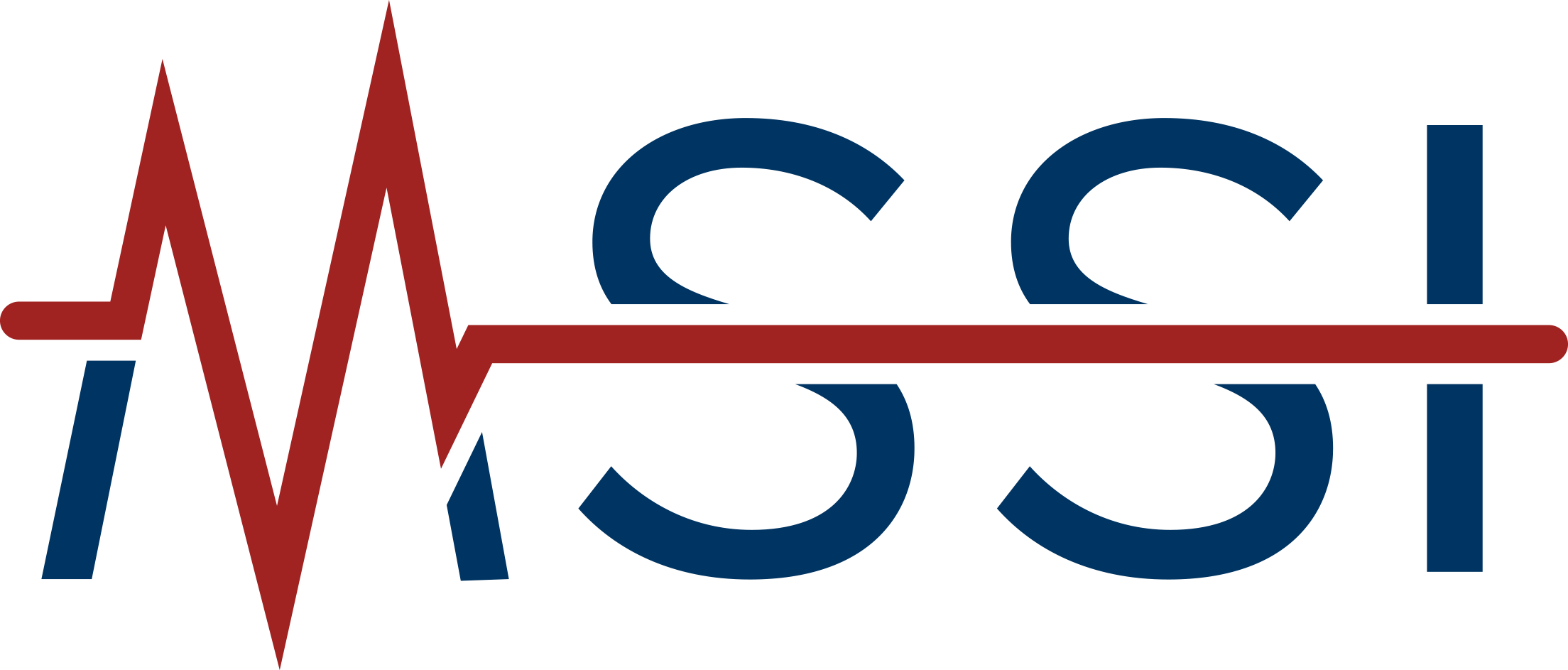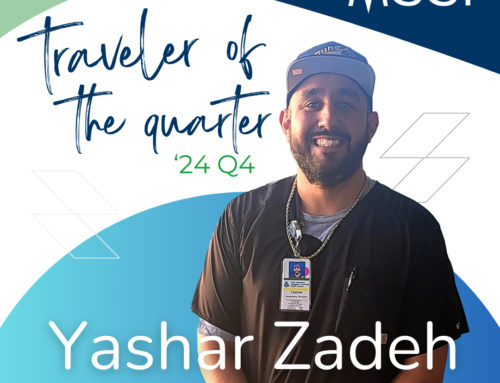More Than Weekly Gross:
What You Should Consider When Choosing Assignments

When you search for your next assignment, it’s easy to only focus on the weekly gross pay. After all, compensation is a key factor in decision-making. However, there’s much more to a position than just the numbers that show up on your paycheck. While it’s tempting to chase the highest hourly pay or weekly gross, sometimes lower-paying positions offer benefits that make them more rewarding in the long run.
How to fully evaluate your next travel healthcare assignment:
1. Benefits Add Up
Benefits like health insurance, retirement plans, and especially housing stipends can really add to your overall compensation. A lot of assignments offer tax-free stipends or reimbursements for travel, licensing, and continuing education. While these benefits may not show up in the weekly gross pay, they can significantly reduce your out-of-pocket expenses.
A position with a slightly lower weekly pay might offer a larger housing stipend or better health insurance coverage, offsetting what looks like a lower paycheck. It’s important that to put yourself in the best financial position when looking for your next assignment, you account for all the financial benefits.
For example, MSSI offers our travelers with compliance reimbursement, day 1 health care, housing stipends, and so much more! Check out MSSI’s traveler benefits, below.
2. Location Perks
There are locations that might offer a lower gross pay but they might provide experiences that make your assignment worthwhile. For example, the cost of living might be lower somewhere, allowing your paycheck to stretch further, or there could be awesome national parks or museums to check out!
A lower-paying assignment in a city with a thriving arts scene, outdoor adventures, or a great food scene can offer a much more enjoyable experience for you compared to a high-stress location with little to do outside of work.
All in all, you should be thinking about the lifestyle that comes with the assignment—sometimes the location’s benefits are worth more than a higher paycheck.
3. Professional Growth and Experience
Something else to think about are the different types of professional experiences you’ll gain with each position. Some hospitals or clinics offer the chance to work with cutting-edge technology, specialize in certain areas, or collaborate with really experienced professionals.
These opportunities can boost your resume and future career growth. The skills and knowledge you develop can open doors to higher-paying roles in the future.
4. Work-Life Balance and Flexibility
Weekly gross pay doesn’t tell the full story of the demands and flexibility of a position. Some travel assignments have more manageable schedules, allowing for a better work-life balance. Others might come with more flexible shift options or the ability to take more time off.
A lower-paying position that offers a flexible schedule can reduce your burnout and provide you with more time to pursue personal interests or spend time with loved ones. Balancing your mental health while on an assignment is crucial, so it’s important to know how your future employer will support you in prioritizing it.
5. The Short-Term vs. Long-Term Gain
For every assignment you should consider how each role and location fits into your long-term career goals vs the immediate gain you will see. It’s all about the priorities you have and where you want your career to go!
While weekly gross pay is an important factor, the total value of a travel healthcare position goes far beyond the numbers on your paycheck.
Make sure you are considering benefits, location, professional growth, and work-life balance to make decisions that support both your financial goals and personal well-being.
When you take the full package into account, you might find that the best assignment isn’t necessarily the one with the highest hourly pay!








